There are more than 100 VPN services worldwide, but only a small percentage of them are suitable for the privacy needs of hardcore bittorrent users.
We used to do individual head-to-head comparisons, but concluded it would be more useful to compare our top five recommended VPNs as a group.
You can: Skip ahead and see the final rankings
VPNs compared in this guide (alphabetical order):
- Cyberghost
- IPVanish
- NordVPN
- Private Internet Access
- Torguard
How we selected the VPNs to compare:
These are not the most ‘popular’ VPNs in the world, nor the cheapest (or most expensive). In fact, other review sites frequently recommend different providers entirely (though we question their motives).
Quite simply: these VPN services offer the most p2p/bittorrent privacy features, and they’ve done so reliably for years.
Elegibility for a VPN to be considered
Every VPN provider featured in this comparison meets our stringent p2p-approved criteria. This list of requirements reads like a wishlist for privacy-conscious torrenters, and screens out more than 95% of VPN services in the world.
All VPNs must provide:
- A zero-log privacy policy
- Shared IP addresses (an IP address doesn’t identify a specific user)
- Custom VPN software client (easy to use)
- Kill-switch and IP leak protection
- Servers located in p2p-friendly countries
- Allow p2p traffic on some (or all) servers
- Refund Policy / Trial period
Comparison Criteria
We compared these VPN providers on a range of features, all of which affect your privacy, p2p performance, or customer satisfaction.
The metrics we chose to compare are:
- Privacy: How clear is the privacy policy, and what is the company’s history of protecting user privacy (especially for bittorrent).
- Software: How stable, functional, and easy to use is the VPN software each provider offers.
- Security: Does the provider follow best-practices with its encryption implementation? What sort of IP-leak protection is built into the service?
- Speed: How fast is the VPN service, tested in real-world scenarios (torrenting)
- Extra Features: What extra functionality does the service offer besides core VPN features. Does it include proxy service? A custom app for routers or FireTV? Built-in SmartDNS?
- Pricing: How much does it cost, and what is the value for the money you’re spending.
- Refund Policy/Trial: How generous is the refund policy and/or trial period
Software
Each of these VPN services has their own custom VPN client, available for all major OS’s (Windows, Mac, iOS, Android). They range from flashy and feature-rich (Cyberghost) to functionality-first (Private Internet Access).
We scored each client on multiple categories (shown in the chart below). For a more in-depth look at the software of each provider, expand the tabs below the chart.
| Cyberghost | IPVanish | NordVPN | Private Internet Access | Torguard | |
|---|---|---|---|---|---|
| Favorite Servers | Yes | Yes | Yes | Yes | Yes |
| Kill-Switch | Yes | Yes | Yes | Yes | Yes |
| DNS Leak Protection | Yes | Yes | Yes | Yes | Yes |
| IPv6 Leak Protection | Yes | Yes (IPv6 disabled) | Yes (IPv6 disabled) | Yes | Yes |
| SmartDNS Included | Yes | No | Yes | Rumored | No |
| Available VPN Protocols | OpenVPN | OpenVPN, L2TP | OpenVPN | OpenVPN, Wireguard | OpenVPN |
| Obfuscation/Stealth mode | No | Yes | No | Yes, ShadowSOCKS | Yes |
| Adjustable Encryption | No | No | No | Yes. Cipher, strength, and Authentication mode. | Yes |
| Other features | Https browsing, data compression, smart server selection. | Smart server selection | Port Forwarding, Anti-Malware, Split-Tunnel | ||
| Ease of Use (1-10) | 8 | 8 | 6 | 10 | 10 |
| Features | 10 | 6 | 9 | 10 | 6 |
| Overall Score | 9 | 6 | 8 | 10 | 6 |
Software Screenshots
Cyberghost Server Selection Cyberghost connection settings NordVPN software main screen and server selection NordVPN: Auto-connect & smartconnect options NordVPN: Kill-Switch (dual-mode) IPVanish’s Software (server view) IPVanish: Connection settings PIA: Main software interface PIA: Protocol & Encryption Settings PIA: Split tunneling & kill switch Torguard: Main screen & server selection Torguard: Network & Connection settings
Verdict: Which VPN has the best software?
With the launch of their overhauled client, Private Internet Access now has the best software. It’s the cleanest layout and has more features than any of the competitors.
I’d rank Cyberghost 2nd (purely on features), Torguard 3rd for better control over encryption settings, then IPVanish & NordVPN tied for 4th.
Logs, Encryption & Data Privacy
Data Privacy is the most important part of choosing a VPN, and frequently the most overlooked.
Privacy policies (and how truthful they are) vary widely in the VPN industry. And security levels can be dramatically different between providers as well, depending on which encryption cipher’s they support (and how well they are implemented).
Here’s how these companies stack up:
| Cyberghost | IPVanish | NordVPN | PIA | Torguard | |
|---|---|---|---|---|---|
| Metadata Logs? | Unclear | No | No (audited) | No (verified) | No |
| Encryption Ciphers | No | AES | AES, Wireguard | AES, Wireguard | AES, Blowfish |
| VPN Protocols | No | OpenVPN, IKEv2 | OpenVPN, Wireguard | OpenVPN, Wireguard | OpenVPN |
| Encryption Strength | No | 256-bit | 256-bit | Adjustable (up to 256-bit) | Adjustable (up to 256-bit) |
For those that want a deeper explanation of VPN security and protocols, here’s the essentials of what you need to know:
Logs/Privacy Policy
These days, nearly every VPN service claims to keep no logs. But what that actually means isn’t always clear. Some VPNs simply mean they don’t record the content of your VPN sessions, but might still keep identifiable metadata (like your IP address).
So what you want is a VPN service that doesn’t keep metadata/connection logs.
All 5 of these services claim not to record metadata or IP addresses. Of the five, Cyberghost is probably the least verified and has a more ambiguous privacy policy than the competitors.
Best: Private Internet Access is the undisputed king here. They verified their lack of logs in court. Twice (no data to hand over). 2nd place goes to NordVPN who’s the only provider on the list who is independently audited.
Encryption
Encryption is the actual technology that scrambles your data in the VPN tunnel and protects your browsing/torrents from prying eyes. The math behind it is pretty complicated, but thanks to OpenVPN (open-source VPN protocol) it’s quite easy for even small companies to implement it correctly.
So most VPNs will get the encryption right. There are a few factors to consider:
- Encryption strength: Most VPNs offer 256-bit encryption, but some let you choose lighter encryption for faster speeds (useful for torrenting). PIA & Torguard have this.
- Cipher: There are different methods of encrypting the data for the VPN. Most VPNs use AES (the industry standard algorithm chosen by NIST). Some VPNs also offer alternative Ciphers like elliptic curve encryption.
- Protocols: Most VPN software is built around OpenVPN, but a few give you access to other protocols that might provide better speed and stability in certain conditions. L2TP, IKEv2 and now WireGuard are the 3 most popular.
Best: Private Internet Access wins this round also. They give you full control of encryption strength, offering 2 AES ciphers (CBC and GCM). And now they’ve added Wireguard too.
Speed & Performance
Even flawless encryption is of little use if the VPN connection is slow or unstable. And most torrent aficionados will tell you that VPN speed makes a huge difference in the quality of a service.
We tested all 5 services on a 100/100 mbps connection from location near NYC in the USA. We connected to a west-coast USA server as well as a Netherlands server (popular p2p location) for a realistic performance test.
Results:
| West Coast USA (down/up) | Netherlands (down/up) |
|
|---|---|---|
| Cyberghost | 82.15 / 91.47 | 97.66 / 83.72 |
| IPVanish | 73.62 / 58.20 | 78.10 / 73.35 |
| NordVPN | 91.51 / 44.95 | 93.87 / 60.27 |
| PIA | 65.31 / 66.86 | 48.94 / 39.22 |
| Torguard | 88.57 / 80.01 | 68.86 / 36.39 |
As you can see, NordVPN really stands out here. I was even a little shocked during the testing because historically NordVPN has had a reputation for being a bit slower. But it seems they’ve clearly heard the feedback, upgrade the server speeds, and improved the software for faster connections.
Cyberghost was the 2nd fastest overall. Private Internet Access finished last.
Best: NordVPN wins the speed crown. Cyberghost is #2.
Extra Features & Functionality
To qualify as a VPN, a service really only needs to be able to route encrypted data through a remote server. That’s pretty basic functionality.
So to stand out from the crowd, many top VPN services have built additional features and functionality into their software.
Some examples:
- SmartDNS (Unblock Netflix/Hulu from anywhere)
- Anti-Malware protection
- Ad-blocking
- Obfuscation/Tor/ShadowSOCKS
- Password Manager
- SOCKS Proxy
Here’s the breakdown of what each company offers:
Cyberghost:
- SmartDNS – unblock region-locked streaming sites like Netflix
- Malware/phishing protection
- Ad Blocking
- See all
IPVanish:
- Obfuscation – VPN Scramble protocol
- Password Manager
- SOCKS Proxy
NordVPN:
- Obfuscation – VPN over Tor
- SmartDNS
- SOCKS Proxy – most locations of any VPN
Private Internet Access:
- Obfuscation – ShadowSOCKS routing
- SmartDNS (rumored)
- Anti-Malware
- Ad-blocking
- SOCKS proxy
Winner: Private Internet Access has the most features, and the best obfuscation implementation (shadowSOCKS). IPVanish is the only one that offers a password management solution so we’d rank them #2.
Pricing / Refund Policy
| Provider | 1 month price | 1 year price | Best Deal | Refund Policy |
|---|---|---|---|---|
| Cyberghost | $12.99/m | $5.99/m | $2.75/m | 45 Days |
| IPVanish | $10/m | $6.49/m | Latest Deal | 30 Days |
| NordVPN | $11.95/m | $6.99/m | $3.49/m | 30 Days |
| Private Internet Access | $9.95/m | $3.33/m | Latest Deal | 30 Days |
| Torguard | $9.99/m | $4.99/m | $4.17/m | 7 Days |
Most of these VPNs cost around $10-$12 per month if you opt for a month-to-month subscription. But you can get a serious discount if you opt for a longer term 1-year or even 3-year plan.
Fortunately all of these providers (except Torguard) now offer a 30 day refund policy or longer. So we recommend just buying at least a 1-year subscription right off the bat and canceling within the first month if you aren’t totally satisfied.
Winner: Cyberghost has the best offer right now, but PIA has the best standard pricing and frequently matches Cyberghost with their special offer packages.
Overall Winner & Rankings
First off, let me say that any of these VPNs will do the most important thing: allow you to download torrents securely and anonymously.
But there was a clear winner that stood out from the crowd, and if you read this from start to finish it should be pretty obvious.
Winner: Private Internet Access scored the highest overall, winning more categories than any other VPN. The only caveat was speed where PIA finished last.
But their impressive software, unmatched security and proven privacy policy vault them ahead of the pack. They are our #1 recommended VPN once again.
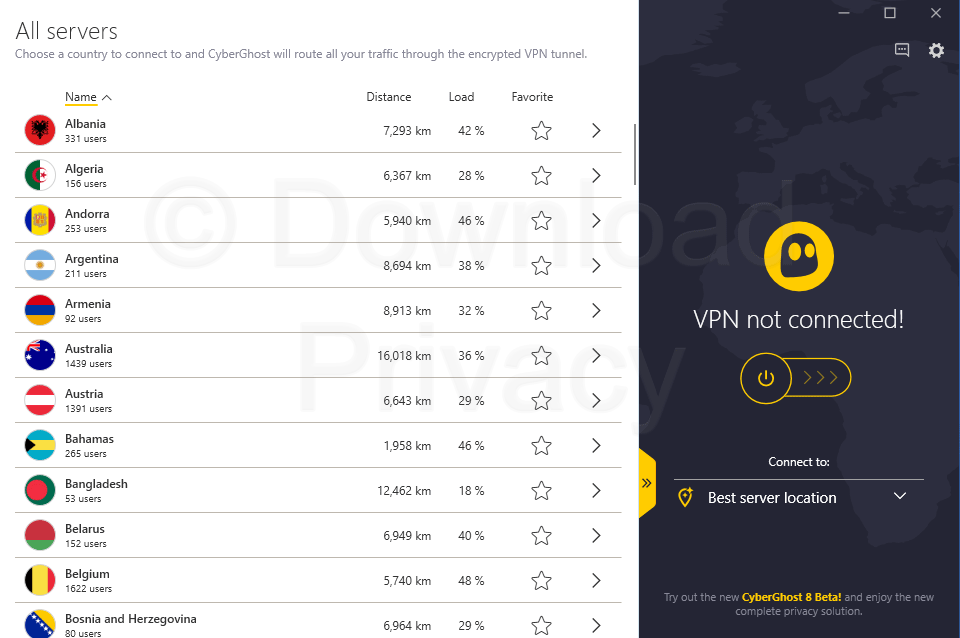
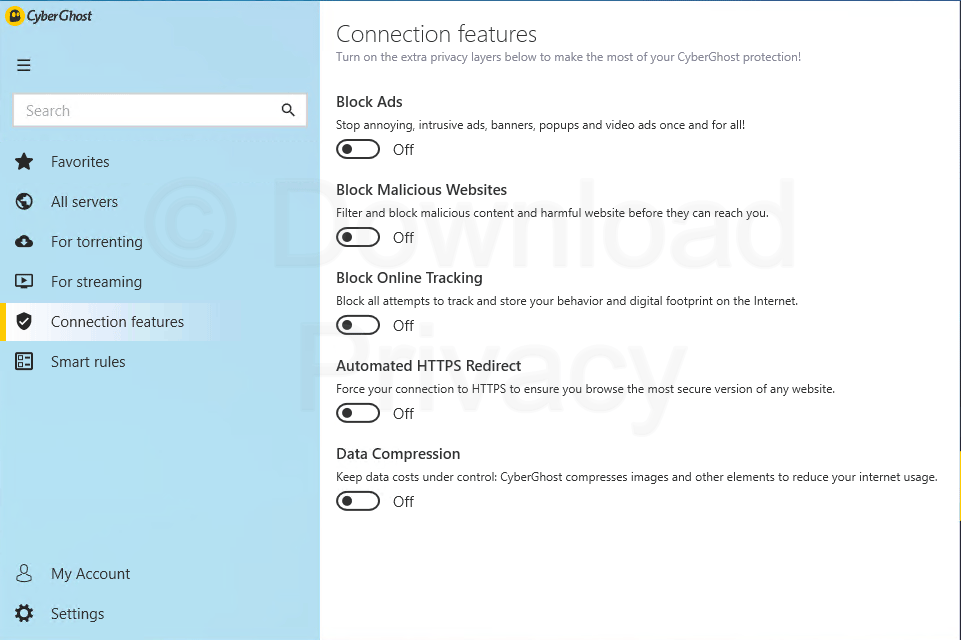
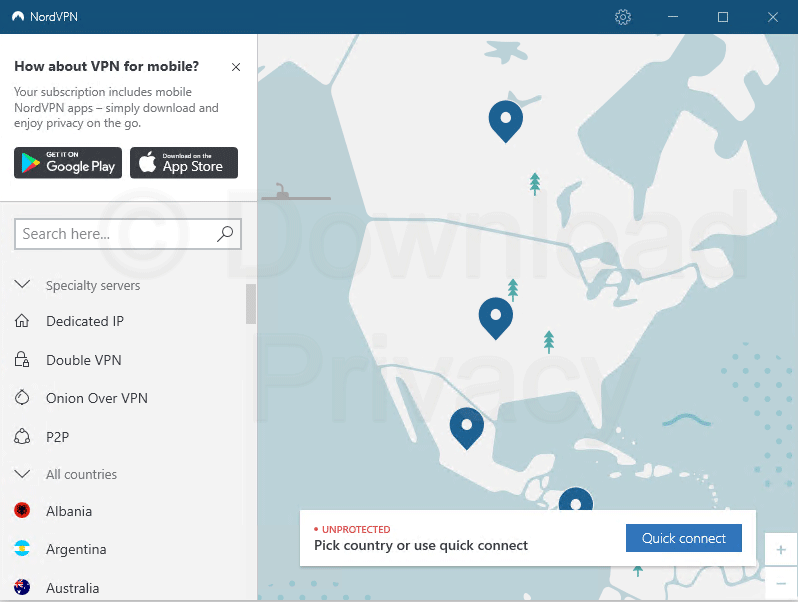
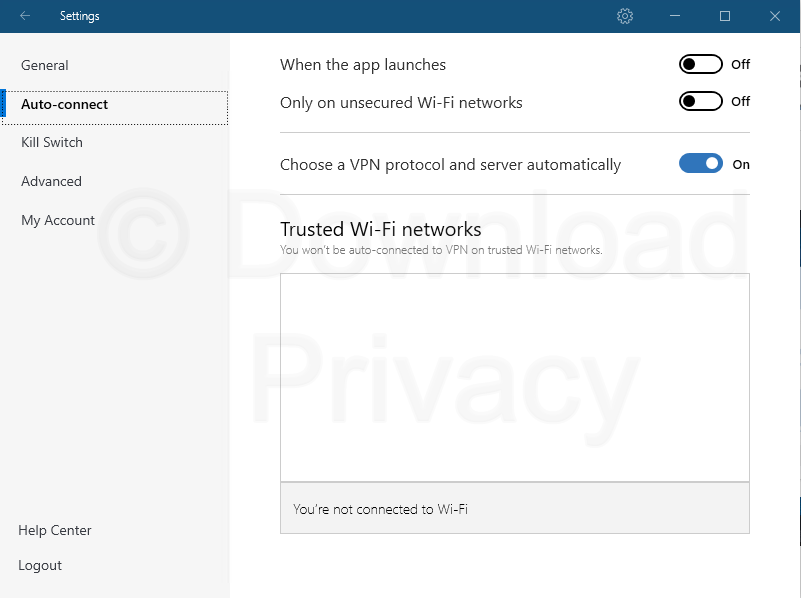
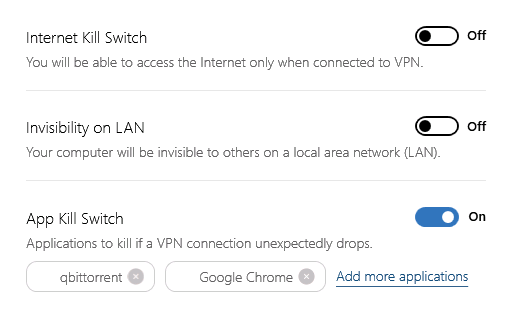
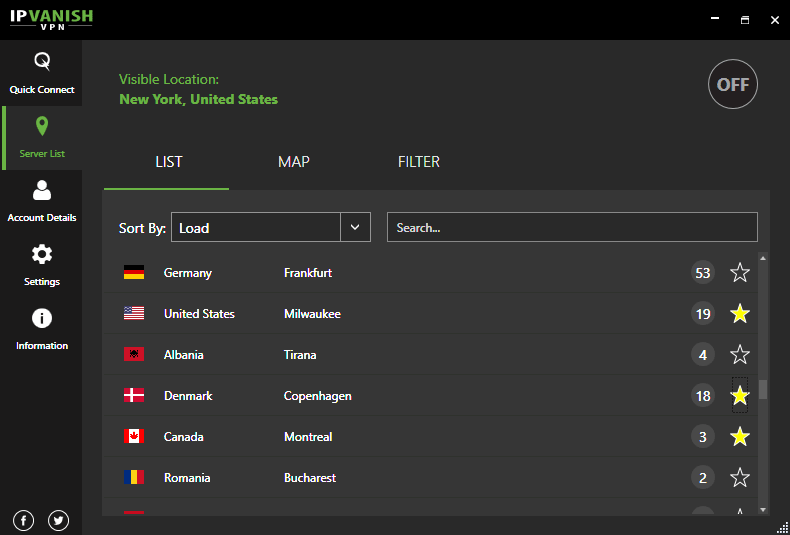
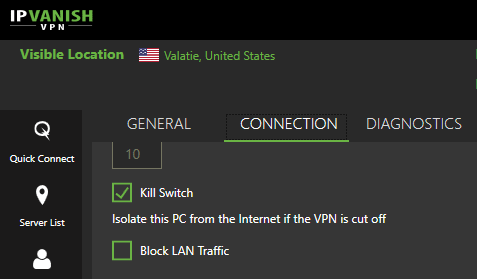
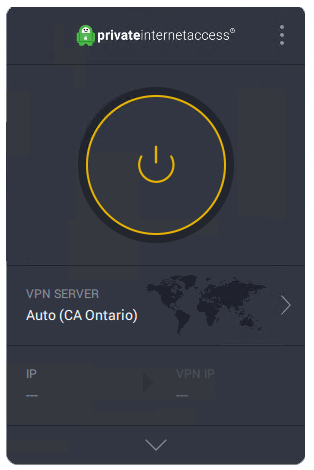
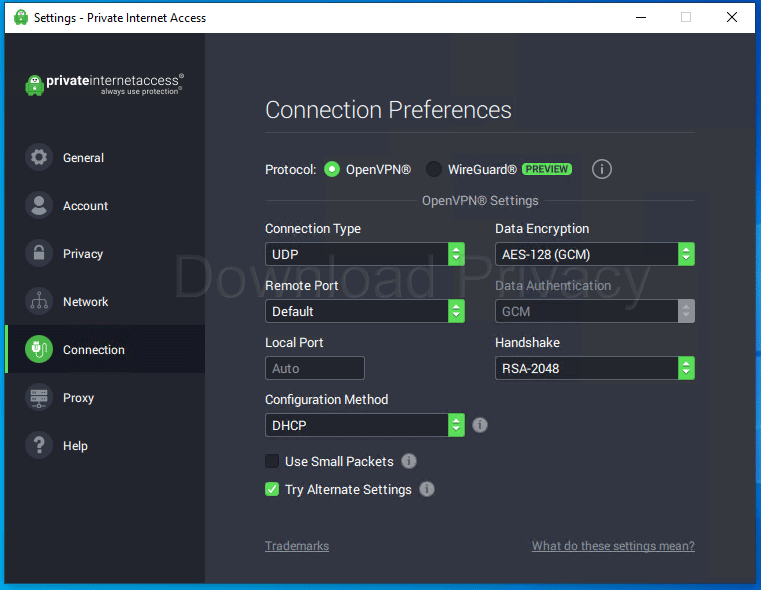
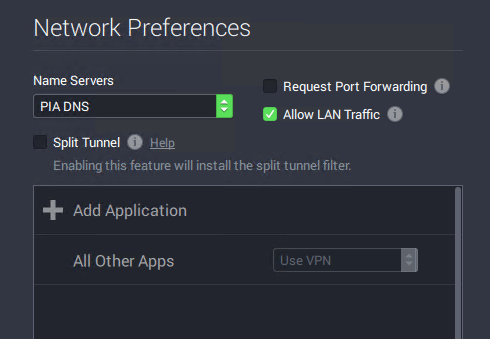
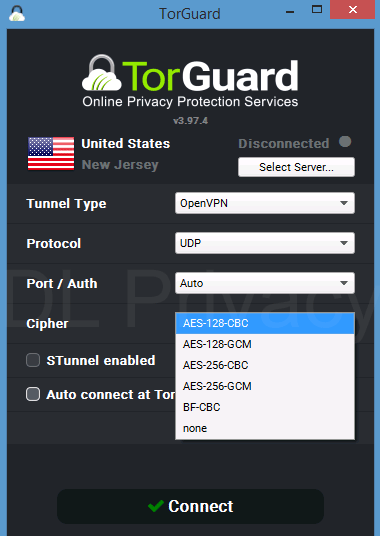
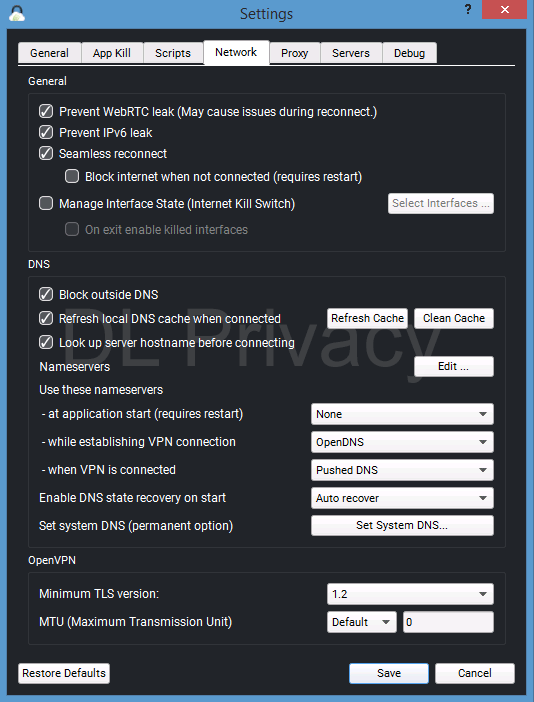
How would you guys rate ExpressVPN? From my own searching (comparing them against PIA, who seems like the best pick on the list), I’ve found…
Logs: Both, but PIA doesn’t even log amounts of data used or which country-location server was used, whereas ExpressVPN does.
Speeds: ExpressVPN
Server numbers: ExpressVPN
SOCKS / SOCKS5 Proxy? ??
256-bit encryption: Both
My main question is whether ExpressVPN offers a SOCKS Proxy within their service, and how non-negotiable would you say having a SOCKS Proxy is in terms of buffing up security and privacy?
Also, ExpressVPN doesn’t explicitly seem to mention being a Torrent friendly service, but it’s fairly clear they are, at least as far as I can tell.
I’d love your insights! Thanks in advance!
ExpressVPN is a high-quality service and speeds are very good, but it’s also more than double the cost. PIA is great for torrenting, and speeds are plenty fast. It now supports the Wireguard encryption protocol which is even faster than OpenVPN in our testing. PIA includes a SOCKS proxy, ExpressVPN is not. You don’t need the proxy if you’re using the VPN already. PIA has variable encryption, so you can use 128-bit if you want faster speeds. Also, PIA’s logging policy is legendary.
One annoying thing about PIA is that you may get captcha challenges on certain websites, including google. Also, ExpressVPN can work with Netflix, but PIA doesn’t. If neither of these drawbacks are an dealbreaker for you, PIA is the better value.